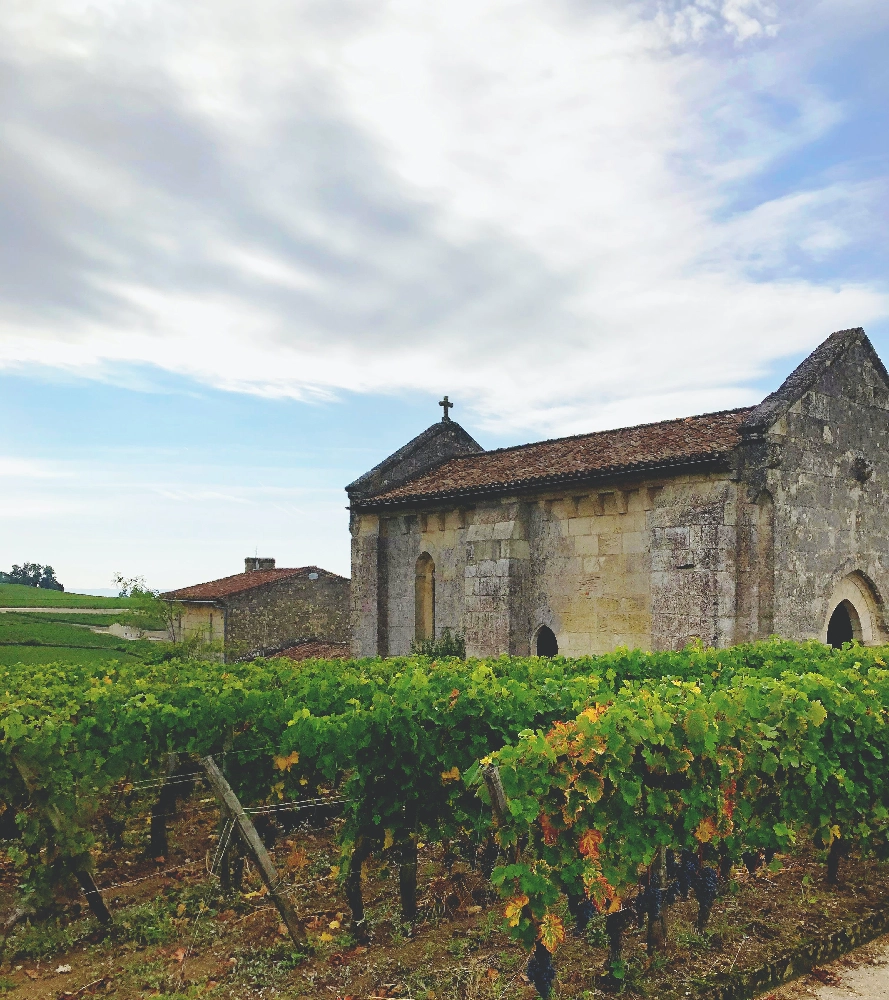
Cantabria Wineries & Wines Stats
Wineries
14
Wines
42
Unraveling the Rich Wine Traditions of Cantabria: A Cultural Anthropologist's Perspective
Introduction: Cantabria, a historic and captivating region nestled along the northern coastline of Spain, has long been celebrated for its breathtaking landscapes, rich cultural heritage, and, most recently, its burgeoning artisanal wine scene. In this review, I delve into the unique aspects of Cantabrian wines, exploring their distinctive characteristics, historical contexts, and the deeply rooted traditions that continue to shape this dynamic region.
Geographical Context: Situated between the Bay of Biscay and the Cantabrian Mountains, Cantabria boasts a diverse terrain characterized by steep cliffs, verdant valleys, and pristine beaches. This complex geography offers a variety of microclimates, each influencing the growth and development of the grapes that are cultivated here.
Historical Context: Cantabria's wine heritage can be traced back to ancient Roman times when vineyards thrived in the region. However, it wasn't until the late 20th century that a renewed interest in Cantabrian wines emerged, leading to a resurgence of small-scale, artisanal winemaking practices. Today, these traditional methods are being passed down from generation to generation, ensuring the continuity and authenticity of this unique viniculture.
Wine Styles: Cantabria is renowned for its white wines, which often display a distinct minerality derived from the region's volcanic soils. The most widely planted grape varieties include Albariño, Godello, and Verdejo. These whites pair beautifully with Cantabrian seafood dishes, such as pulpo à la gallega (octopus with paprika) or empanadas (stuffed pastries).
Moreover, some winemakers in Cantabria are experimenting with red grape varieties like Mencía and Tempranillo to create bold, complex wines that can age gracefully. These wines lend themselves well to heartier dishes featuring local game meats and cheeses.
Connection to Food: Cantabrian cuisine is characterized by its simple yet flavorful dishes, which are often influenced by the region's maritime environment. Seafood dominates the Cantabrian culinary scene, with offerings like boiled mussels (mejillones a la marinera), grilled squid (calamares al carbón), and fish stews (fabada asturiana con bogavante) being popular choices. The artisanal wines of Cantabria provide the perfect accompaniment to these dishes, enhancing their flavors and adding depth to the overall dining experience.
Conclusion: Cantabria's artisanal wine scene represents a fascinating intersection of history, tradition, and innovation. As a cultural anthropologist, I find it captivating to observe how the region's rich past continues to influence contemporary winemaking practices, while also witnessing the emergence of new trends that are redefining Cantabrian wines for modern palates. Whether you're a seasoned wine aficionado or simply looking to explore the diverse culinary offerings of Spain, Cantabria is an essential destination worth discovering.
